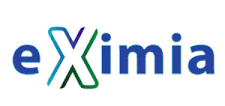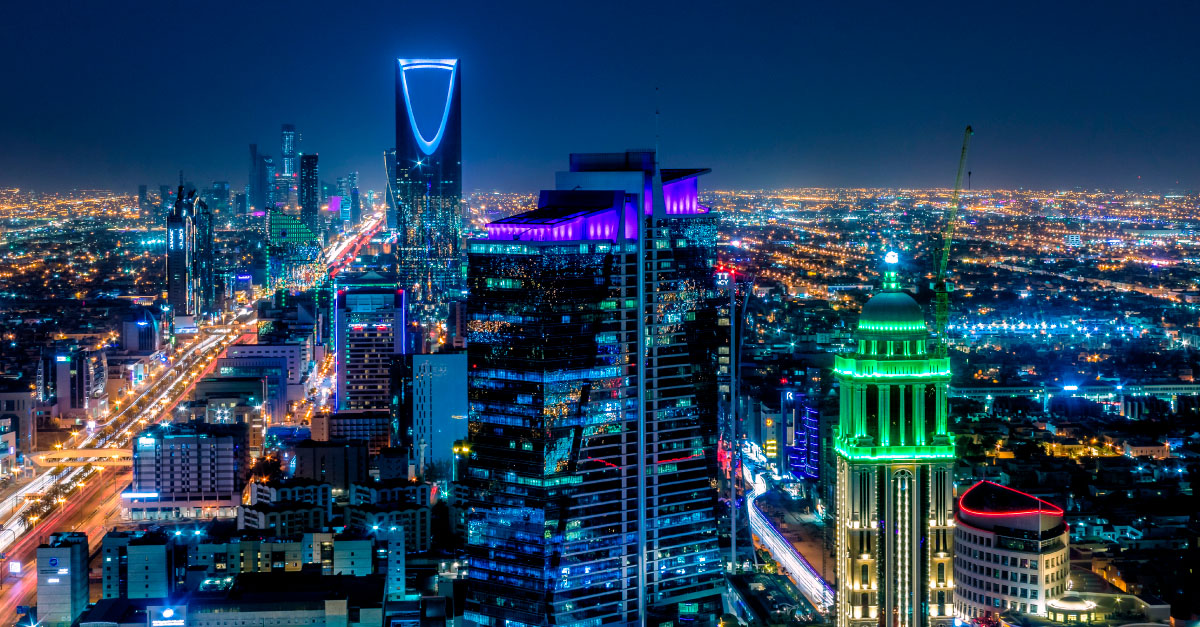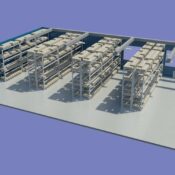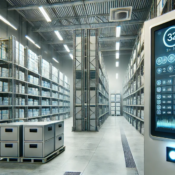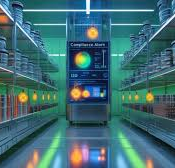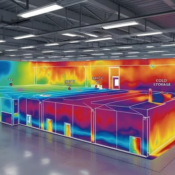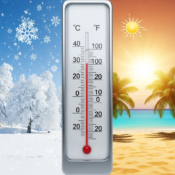Saudi Arabia’s ambitious Vision 2030 sets a bold path toward sustainability, innovation, and economic diversification. From green cities and advanced infrastructure to a thriving health and food sector, the Kingdom is building a resilient future for its people. At the core of this transformation is the need for smarter ways to manage resources, reduce waste, and ensure long-term environmental balance. One of the most practical yet powerful tools helping to achieve these goals is the temperature mapping study.
At Eximia360 (www.eximia360.com), we specialize in delivering temperature mapping studies across Saudi Arabia, Jeddah, Dammam, and Riyadh, helping organizations align with Vision 2030 by making their facilities safer, more efficient, and environmentally sustainable.
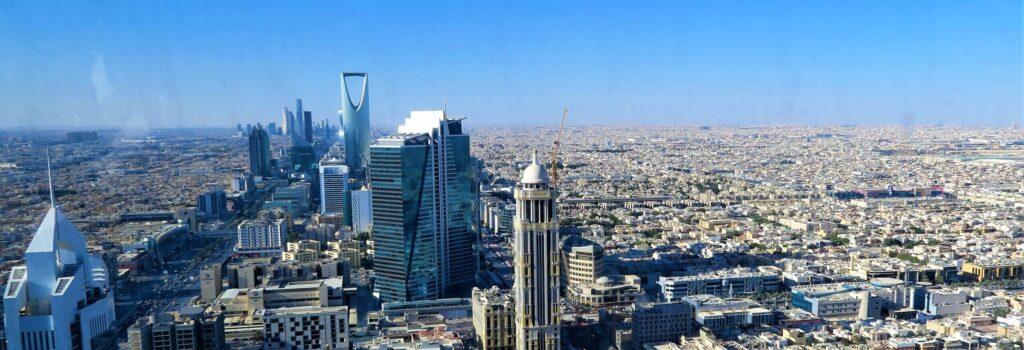
Why Temperature Mapping Matters for Sustainability
Whether in food storage, pharmaceuticals, agriculture, or logistics, energy efficiency and waste reduction are essential for sustainability. A temperature mapping study provides a detailed analysis of how temperatures are distributed in warehouses, laboratories, transportation vehicles, or cold rooms. By identifying inconsistencies, these studies help businesses prevent spoilage, reduce energy overuse, and ensure compliance with safety regulations.
In a country where extreme desert heat poses a constant challenge, temperature mapping studies ensure that critical goods—from vaccines to fresh produce—remain safe while minimizing unnecessary energy consumption. This directly supports Vision 2030’s goal of creating sustainable and efficient systems across industries.
Supporting Green Cities and Smart Infrastructure
Saudi Arabia is investing heavily in green cities and smart urban infrastructure, such as NEOM and The Line. These projects require advanced technologies to maintain eco-friendly standards and reduce their carbon footprint. Temperature mapping studies play a vital role by ensuring that HVAC systems, storage facilities, and transportation fleets run efficiently, avoiding wasted energy and aligning with sustainability benchmarks.
For example, in commercial towers in Riyadh or mega projects in Jeddah, temperature mapping studies can identify hot and cold spots in HVAC systems, allowing facility managers to optimize cooling loads. This reduces electricity demand, supports energy conservation, and enhances indoor comfort for residents and workers.
Securing Food and Pharmaceutical Supply Chains
Food security and healthcare are key pillars of Vision 2030. In Jeddah and Dammam, bustling trade hubs connect global markets with local communities. Ensuring safe and reliable cold chains for food and pharmaceuticals is essential to meet growing demand.
Through temperature mapping studies, Eximia360 helps supermarkets, hospitals, and logistics companies maintain consistent storage conditions. This not only prevents product loss but also reduces energy waste, which is a win for both businesses and the environment. By safeguarding supplies while conserving resources, temperature mapping supports the dual mission of economic growth and sustainability.
Eximia360: Driving Vision 2030 Success
At Eximia360, we understand that achieving Vision 2030 requires actionable steps at every level. Our temperature mapping studies provide the insights businesses need to align with national goals. By applying advanced monitoring systems and international best practices, we deliver solutions that enhance efficiency, reduce costs, and promote environmental responsibility.
Whether it’s a hospital in Riyadh ensuring medicine stability, a logistics hub in Dammam protecting fresh produce, or a mega project in Jeddah optimizing HVAC systems, our services empower organizations to build resilience while supporting Saudi Arabia’s transformation agenda.
The Business Value of Temperature Mapping
For businesses, sustainability is no longer just about compliance—it is a competitive advantage. Verified temperature mapping studies show customers, investors, and regulators that a company is serious about quality and environmental responsibility. They also reduce long-term costs by cutting waste, improving energy efficiency, and preventing losses.
In this way, Eximia360 helps businesses not only achieve operational excellence but also contribute to the Kingdom’s wider sustainability mission.
Conclusion
Saudi Arabia’s Vision 2030 is about creating a future that is resilient, innovative, and sustainable. Achieving these goals requires practical tools that deliver measurable results. Temperature mapping studies stand out as a powerful solution, ensuring energy efficiency, reducing waste, and protecting critical supply chains.
With Eximia360 (www.eximia360.com) offering expert temperature mapping services across Saudi Arabia, Jeddah, Dammam, and Riyadh, businesses have the support they need to align with the Kingdom’s sustainability ambitions. Together, we can build a future where resilience and sustainability go hand in hand, driving Saudi Arabia toward its Vision 2030 promise.
